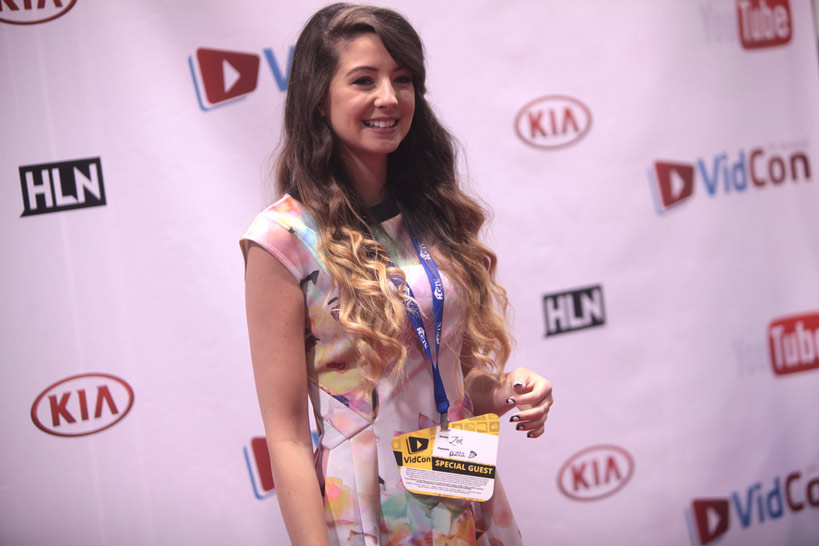What is Influencer marketing?
We are all familiar with the idea of celebrity endorsement; a brand will use a famous spokesperson to talk about their product or service. The aim is to gain a ‘halo effect’, where the credibility or glamour of the celebrity will rub off on the product. But, this method has evolved in our technological age. Brands now contact ‘Influencers’ on social media to talk about their latest product range and how awesome it is.
So far, this is proving to be successful digital marketing channel and it’s easy to see why. Influencers have more credibility than the traditional forms of celebrity in a multi-million-dollar glossy advert. In fact, 70% of teenage YouTube subscribers trust influencer opinions over celebrities.

Who is an ‘Influencer’?
Influencers can range widely in speciality and popularity. The most obvious kind of influencer is a known-celebrity talking about a product openly on a popular social media channel (such as Instagram or YouTube). These are referred to as ‘Macro-influencers’.

WH Smith saw a 8% rise in profits after their partnership with Youtuber Zoella.
However, bigger is not necessarily better. Well-known celebrities cannot engage on a deep level with so many followers. Many brands and social media companies are opting to source many, smaller influencers for their campaigns. These are bloggers and vloggers on social media and with tens of thousands of followers or less. The advantage is that these ‘Micro-Influencers’ are often considered specialists in a niche field and can communicate more effectively with their smaller fan base.
How to choose an Influencer for your brand
As with celebrity endorsement, it’s crucial to find a social media influencer that ‘fits’ with your brand (Donald Trump steak, anyone?…). Find an influencer that has relevance to your brand and a good standard of credibility. Also consider demographics. Aim to find an influencer (or their audience) with the same age, gender or in the same location as your target market.
Read the small print…
Influencer marketing is a powerful tool. And with great power, comes great responsibility. When we thumb-through our social feed at lightning speed, it can be hard to decipher what is sponsored content and what isn’t. Before launching your influencer campaign, be sure to read the ASA’s guidelines for affiliate marketing and social influencers. If you are unsure if your content is clear to your users and following these rules, contact your social media advertising agency for advice.
If you want to learn more about our social media services or PPC services, contact the team at Upperdog today on 01202 798 820 or email hello@upperdog.co.uk